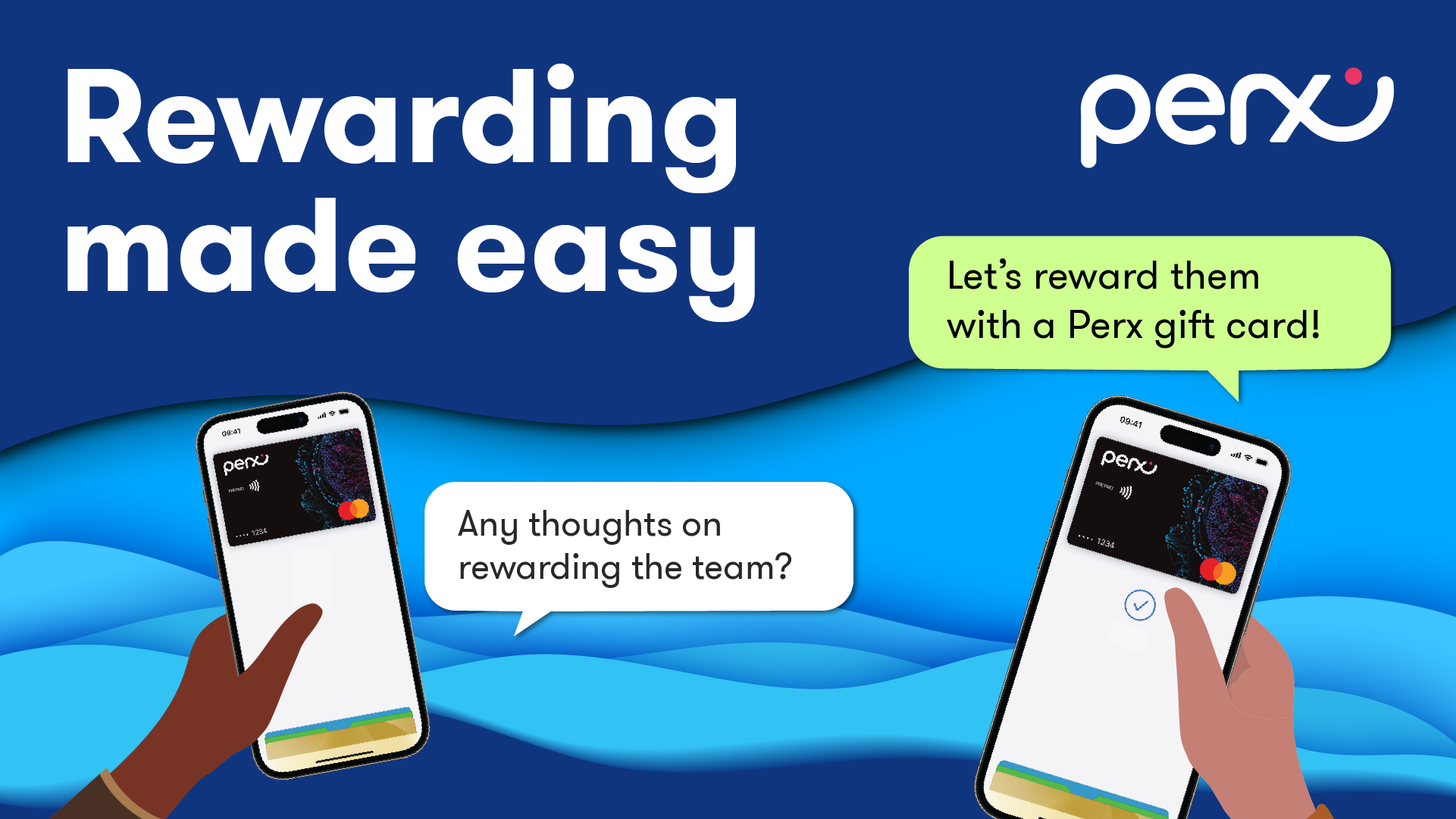
How Communications Teams Can Implement An Employee Rewards Program
In the rapidly evolving 21st-century workplace, the battle for talented and dedicated employees has intensified. Companies recognize that the heart of their success lies not only in the products or services they offer but also in the happiness and well-being of their staff. Fostering employee satisfaction has become a top priority, catalyzing improved performance, innovation and loyalty.
One strategic approach to this is the development of a robust rewards program, which not only acknowledges employees’ contributions but can also align them with the company’s long-term vision and objectives. By investing in such programs, businesses can cultivate a more engaged and productive workforce, essential in a competitive market.
Importantly, in some regions, these reward programs come with tax advantages, offering a financial benefit to businesses and an additional incentive to establish them. In Ireland, for example, the tax incentive allows employers to give their employees up to two tax-free non-cash benefits per year, each with a total value of up to €1,000.
But these programs take work to implement correctly. Effective communication within a company is vital to motivating employees and aligning them with the company’s values. This guide highlights how a well-conceived rewards program can enhance employee satisfaction, a crucial factor in any business’s success.
Communications’s Role In Creating An Employee Rewards Program
Implementing reward programs that genuinely acknowledge and thank employees for their hard work is a direct and effective strategy. These programs should resonate with the company’s culture and help achieve its goals. For example, a company with a focus on the environment might consider digital fintech rewards, as these can be sustainable and plastic-free.
In order to craft this kind of strategy, HR and communications teams must work together to ensure that rewards are meaningful and appropriate for the employees, contributing to a work environment where everyone feels valued and motivated.
Remember: Rewards are just one element within a broader strategy that includes career development and a supportive company culture. Combined, they create a compelling reason for top talent to join and stay with the company.
Because of these factors, communications professionals face the challenge of creating strategies that touch employees personally and advance the company’s broader mission. Their role is crucial in creating workplaces grounded in appreciation and encouragement. Here are five foundational principles of a successful rewards program that can help achieve these goals:
- Clear communication is fundamental.
- Reward programs should enhance the work environment.
- Rewards need to align with the company’s mission and values.
- Professional development is essential for employee engagement.
- Open communication channels are necessary for a vibrant workplace.
Equally important to remember is that, in today’s diverse work environment, reward systems must be inclusive, recognizing the diverse achievements of all employees. This not only boosts the program’s value but also attracts a broad spectrum of talent.
Conclusion
As businesses navigate the complex landscape of the modern workplace, effective communication and reward systems are vital in promoting employee satisfaction.
It is not just about retention; it is about fostering a committed workforce that drives the company forward. A well-crafted rewards program demonstrates a company’s investment in its people and lays the groundwork for mutual growth and success.
Written by EML’s Marie O’Riordan and originally published on Forbes.com on 17 November, 2023.

